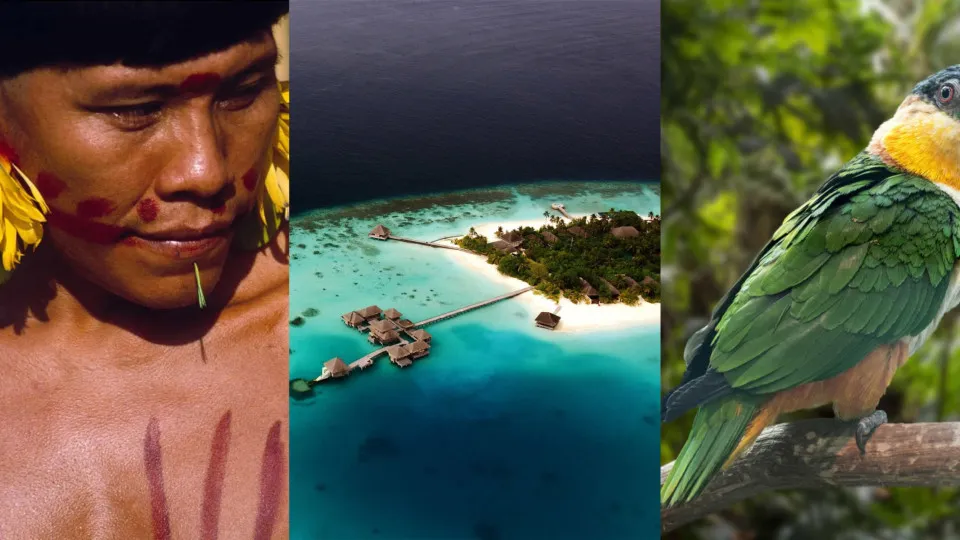The equator is the imaginary line that divides the Northern and Southern Hemispheres of the Earth. It is the point at which the distance from the North and South Poles is the same. In some ways, the countries on the equator are the most perfectly balanced places on Earth. They have a latitude of 0 degrees and don't experience seasons, weather, or sunsets quite like the rest of of the world.
Click through this gallery to learn a bit more about these magnificent countries.



